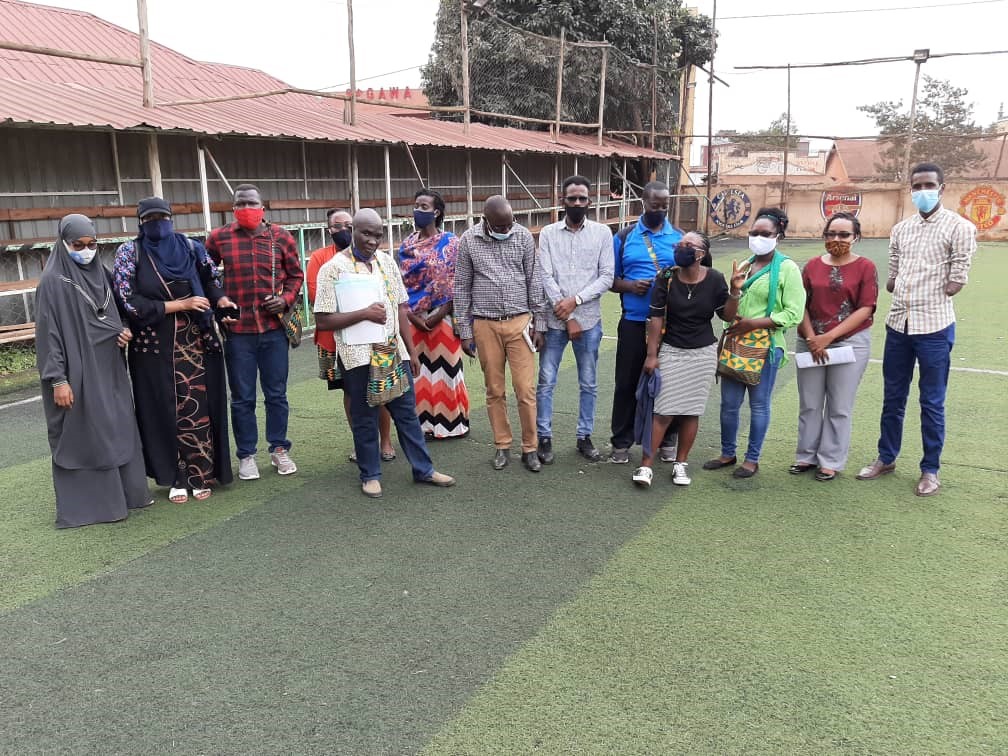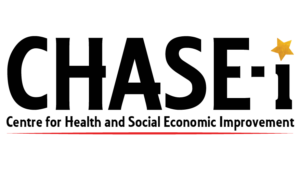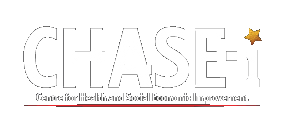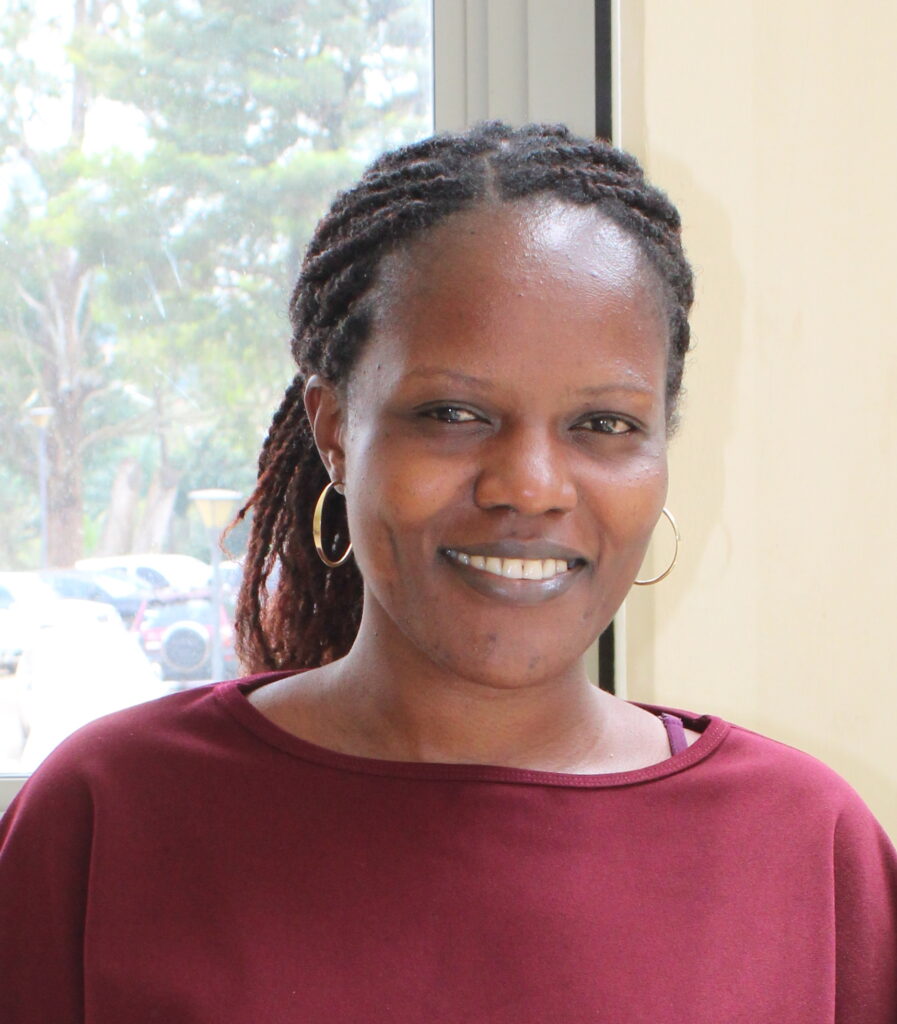Refugee Education Experiences in COVID-19.
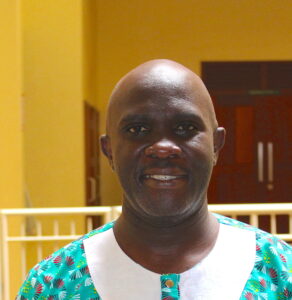
Daniel Magumba
- November 20, 2020
School & Community involvement: The master key to effective rollout of Uganda’s Education Response in COVID-19
The experiences I have had participating in a number of field studies, over the years, have helped me learn that each study comes with its own uniqueness and a different set of lessons to learn. The REFLECT study was one of those many studies which had very exciting and challenging experiences, proof that one can never claim to know everything about how to effectively prepare for a field study.
Although education was not originally an area of focus (so much was on health and COVID in particular), it became inevitable to include the education component as soon as the study commenced – because it kept coming up as a key issue on lived experiences. The issue of school lockdowns, children staying home with nothing to do, reported cases of violence and teenage pregnancy for school going children, etc. REFLECT study team partners implementing programmes in humanitarian setting also lacked robust empirical data on key issues and how best to intervene, so the team quickly had to incorporate an education component. The study leadership team included a strand which would look at the contribution that the government imitated distance learning programme had made towards ensuring the continuity of primary school level learning during the lockdown which had, by that time, been in place for six months.
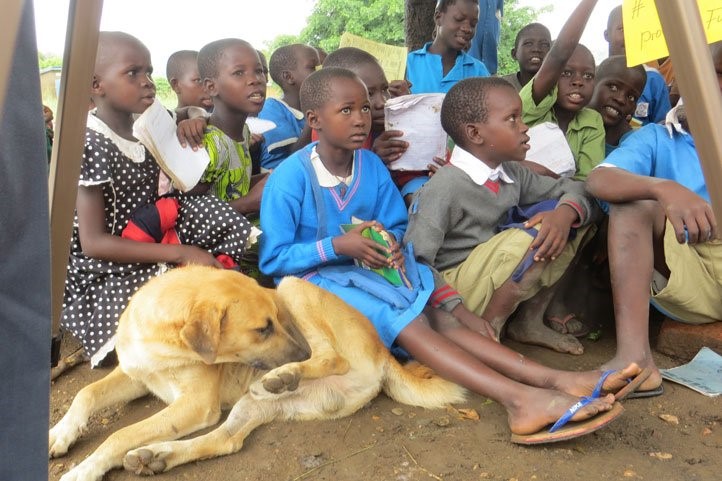
As it normally happens, the team of research assistants of which I was a part, were taken through rigorous training in preparation for the work in the field and exposed to real life experiences we would encounter while in the field. In one of those sessions, we were cautioned about the possibility of encountering security threats especially in the urban refugee settlement within Kampala where I had been deployed. The feeling of fear and apprehension that developed as a result of this revelation was however dissolved following a cordial interaction with the leaders of the Kisenyi community and our subsequent visit to the study location plus our initial interaction with the guides who would help us get audience with this very reserved, predominantly Somali refugee community.
The study was largely successful especially in terms of accessing the primary respondents in the community and having interactions with them with the help of a competent and committed team of guides assigned to us. The level of compliance to some COVID-19 guidelines and the vigilance of the community about the disease was generally impressive. It is the fact that the community was largely ignorant about the government-initiated education response that came as a surprise given reports from stakeholders at the top that the response had successfully taken off and was meeting its intended objectives.
The absence of study materials, the inconsistency of the lesson broadcasts, poor participation of the parents in overseeing the home-based learning and the general apathy among the learners towards the said home based learning programme as reported by most of the respondents seemed to indicate that the objectives of the education response were far from being realised. The apparent inability of the education response programme in ensuring learning continuity in this urban refugee community underscored the importance of adopting a bottom-up approach in the conceptualization, planning and eventual roll out of such an intervention. It shows also how important the participation of the beneficiaries of such a programme is prior to its being implemented. The lack of active involvement of the schools and the teachers in the community during the roll out of the response and the scanty participation of the leaders made community ownership of this programme difficult, leading to the widely held perception that the intervention wasn’t exactly achieving its intended purpose – atleast in urban settings.
Making the rollout of this programme school-based is recommended as the best way of ensuring that the Education Response benefits communities such as these. The schools in the community are well suited in terms of identifying learners, sensitizing parents, ensuring availability, accessibility and the utilization of the materials and also ensuring continuous assessment of the learning outcomes. The effectiveness of the implementation of the programme, according to the findings gathered will heavily rely on the participation of the local stakeholders themselves.
Refugee experiences in Kampala were remarkably different from their counterparts in rural settlements where the implementing partners in those settlements like Windle Trust and Finn Church Aid had made some supportive provisions for continuity of learning in refugee settlements. This was supportive of government response and helped protect many school-going children from some of the effects of COVID-19. Government and all sector stakeholders need to review its education response – consolidating gains made where they have been made but also addressing the inherent implementation gaps identified through empirical data from studies such as these.
About the Author
Daniel Magumba is an educationist with over 20 years teaching and administrative experience in Ugandan school settings. Currently he is a Graduate Scholar & Education Lead under CHASE-i’s ALERTs study, funded by Makerere Research and Innovation Fund (MakRIF).
